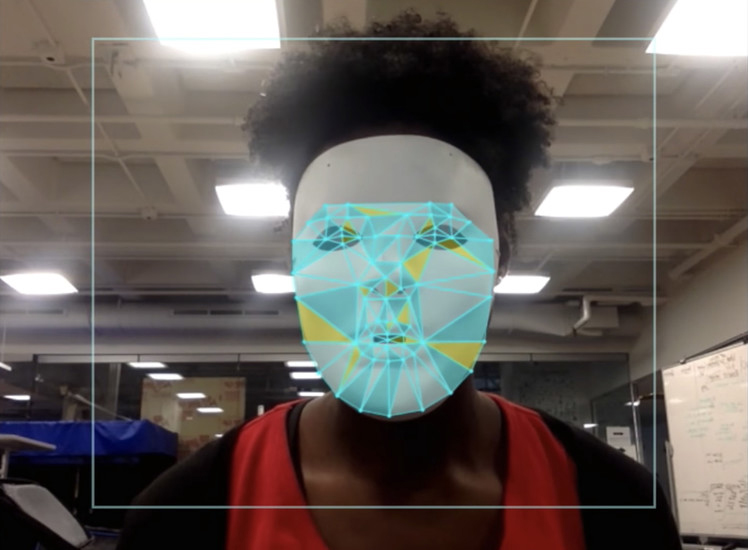Significance of Visuals & Being Visible Online
Scholars & Thought Leaders
Wendy Hui Kyong Chun
Her theoretical and critical approach to digital media draws from her training in both Systems Design Engineering and English Literature. She is the author of a trilogy that includes Updating to Remain the Same: Habitual New Media (MIT Press, 2016), Programmed Visions: Software and Memory (MIT Press, 2011), and Control and Freedom: Power and Paranoia in the Age of Fiber Optics (MIT Press, 2006). Her research spans the fields of digital media, new media, software studies, comparative media studies, critical race studies, and critical theory.
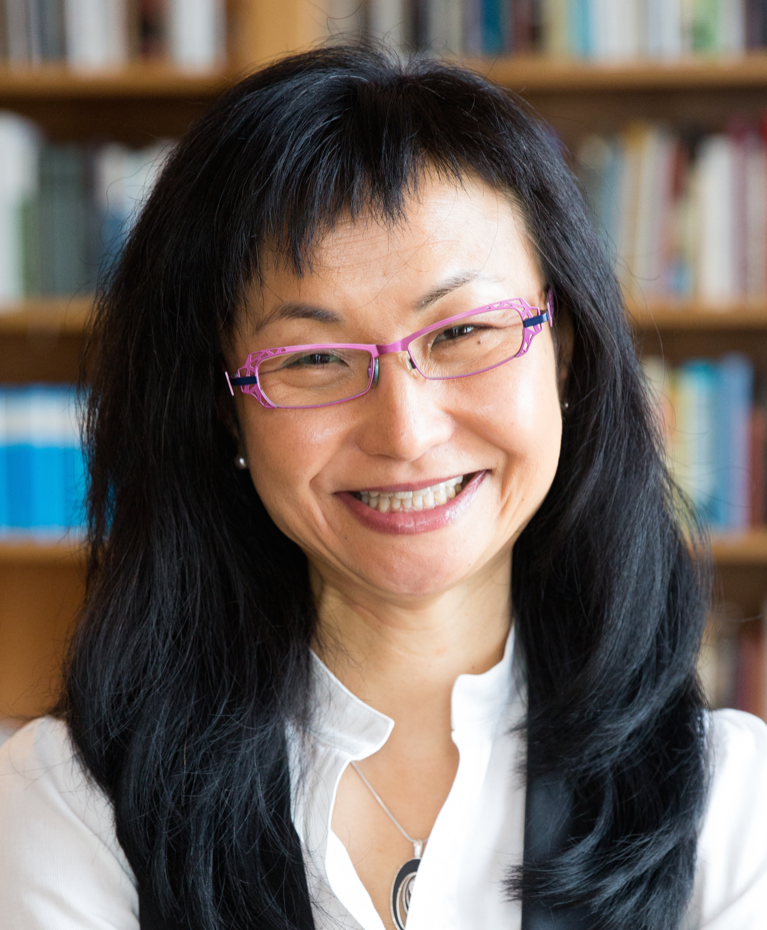
Andre Brock
Brock’s scholarship examines racial representation in social media, video games, Black women and weblogs, whiteness and technoculture, including innovative and groundbreaking research on Black Twitter. He asks where Blackness manifests in the ideology of Western technoculture. Using critical technocultural discourse analysis (Brock, 2018), Afro-optimism, and libidinal economic theory, this Databite employs Black Twitter as an exemplar of Black cyberculture: digital practice and artifacts informed by a Black aesthetic.
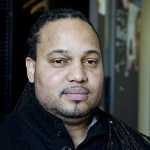
Olga Russakovsky
Dr. Olga Russakovsky is an Assistant Professor in the Computer Science Department at Princeton University. Her research is in computer vision, closely integrated with the fields of machine learning, human-computer interaction and fairness, accountability and transparency.

Magdalena Zdrodowska
Associate professor at the Institute of Audiovisual Arts, Jagiellonian University, Krakow, Poland. Her book The telephone, moving pictures, and cyborgs. Relations of the deafness and technology (in Polish) will be published in 2021. She is currently conducting a book length project The Deaf History of Cinema. By combining the approaches of history of technology, deaf and disability studies, and anthropological methods she investigates the relations between technology, art and disability.
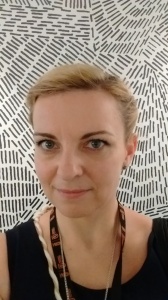
Derrick Cogburn
Professor at American University. At AU I have a joint appointment in the School of International Service (SIS) and the Kogod School of Business (KSB). In SIS, I work in both the International Communication and International Development programs and in KSB I work in the Department of Information Technology & Analytics. I study distributed collaboration, transnational NGO networks, accessibility, disability policy, and global Internet governance.
- Ellis, Jennifer T., Arnone, M.P., Cogburn, D.L., Accessible Cyberlearning in Practice. Journal on Technology and Persons with Disabilities, California State University, Northridge, June 2014, pp 155-166.
- Cogburn, D.L., Ellis, J.T., Levinson, N., Arnone, M.A. “Developing and Evaluating an Accessible Cyberteaching Training (ACT) Now Program for Faculty” Hawaii International Conference on System Sciences (HICSS-48). Kauai, Hawaii, 7 January 2015.

Radha S. Hegde
Radha Sarma Hegde is Professor in the Department of Media, Culture and Communication at New York University. Her research and teaching focus on migration, media flows, globalization and transnational feminism.
- Circuits of Visibility: Gender and Transnational Media Cultures – Circuits of Visibility presents sixteen essays that collectively advance a discussion about sexual politics, media, technology, and globalization.
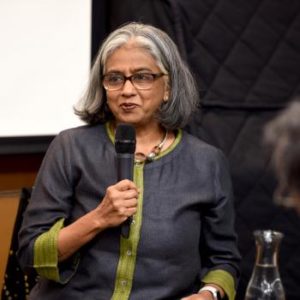
Film & Video
Coded Bias | Trailer (2020)
*Full Film Available on Netflix. 1hr 25min* What does it mean when the technology that surrounds our lives is built on systemic racial and gender-based prejudices? This is the truth about the invisible forces that decide everyday human potential.
Prisoners Are Going Viral on TikTok (2020)
We spoke to a mix of current and formerly incarcerated TikTok users who use the app to change the narrative and challenge misconceptions of prison life, which also allows them to reclaim their humanity. But using a cell phone behind bars is a huge risk.
Source: VICE News
Tired of being bullied, this “MuslimGirl” found a way for Muslim women to talk back (2016)
Amani Al-Khatahtbeh is the founder and editor-in-chief of MuslimGirl.net, the leading online magazine for American Muslim women. Reclaiming the Muslim women’s narrative in Western media with its own unprecedented columns in outlets like Teen Vogue, Fortune, and Huffington Post, MuslimGirl is currently forging a new path by becoming the forefront of Muslim women’s issues in mainstream coverage.
The Social Media Stars Of South Korea Are North Korean Defectors (2017)
There’s a new kind of social media star in South Korea: North Korean defectors, whose videos get tens of millions of views. The South Korean capital city of Seoul lies only 30 miles from the North Korean border, but South Koreans, like everyone else, don’t know much about their neighbors to the north. Now, some defectors are becoming internet famous by shedding light on the most mysterious country in the world. There is no internet in North Korea, but many young defectors learn to use social media within a few months.
Source: Vice News
Books & Articles
Amaro, R. (no date) As If. E-flux journal.
In 2016, Joy Buolamwini, a researcher with the Civic Media group at the MIT Media Lab and founder of Code4Rights, developed the Aspire Mirror. Buolamwini describes the Mirror on its website as a device that allows one to “see a reflection of [their] face based on what inspires [them] or what [they] hope to empathize with.”…
National Disability Rights Network, Blocking the Ballot Box: Ending Misuse of the ADA to Close Polling Places
- This report shows many of America’s polling places remain inaccessible to people with disabilities and examines an alarming new trend in which jurisdictions are misusing the Americans with Disabilities Act (ADA) to close polling places, a practice that NDRN vehemently opposes.
